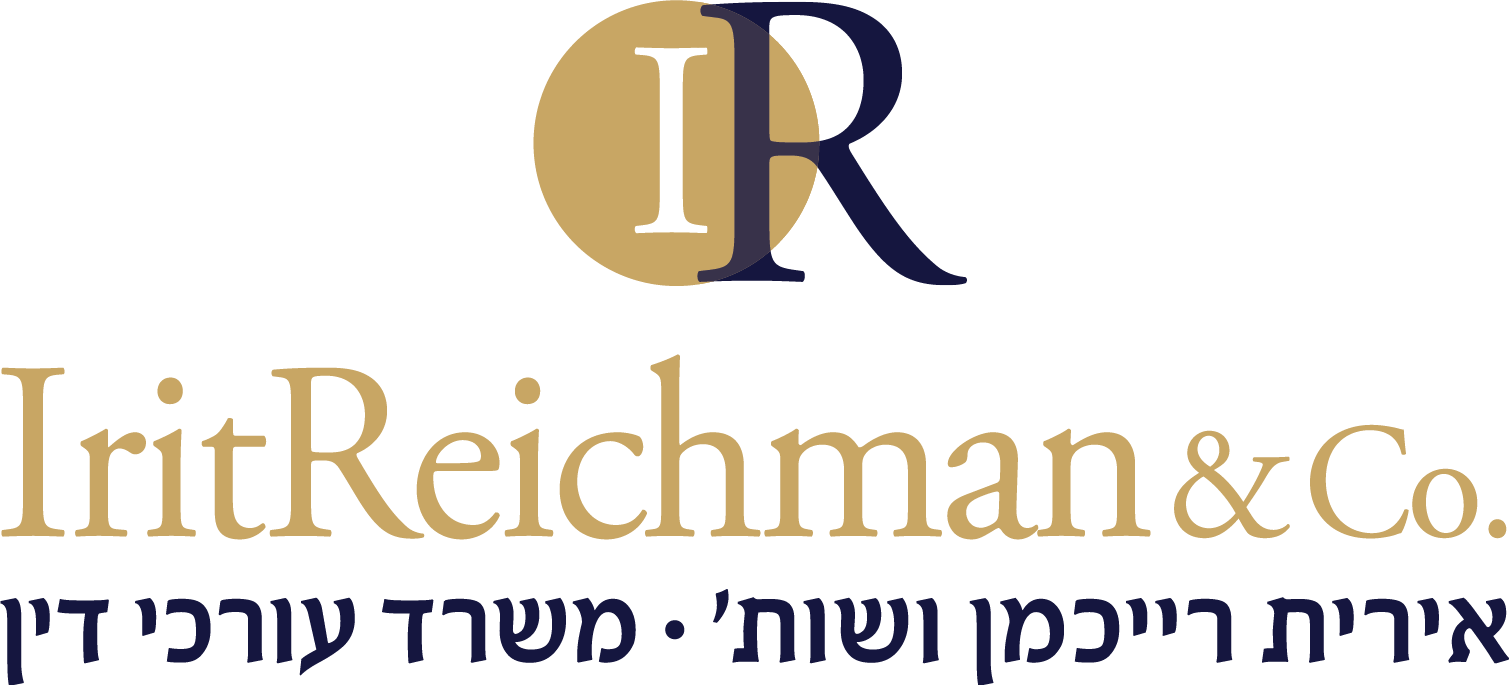Inheritance disputes

Irit Reichman & Co. Law Offices has, for many years, dealt with the broad range of inheritance law. The firm has great expertise and much experience in various courts authorized to settle inheritance disputes, including settling estates worth millions.
Our firm deals with complex legal issues within families, touching on aspects of inheritance, drawing up wills, mutual wills, agreements on splitting an estate among heirs, and preparing applications to issue a succession order and a probate order.
Inheritance Planning
Although all of us recognize the importance of early, smart planning for our old age, sometimes – perhaps because of the difficulty of considering out own mortality – we neglect the issue of writing a will. Not all of us make sure to leave behind an orderly expression of our wishes. Understandably, we find it hard to deal with painful subjects, but life doesn’t always turn out the way we expect and sometimes surprising events occur, including incidents for which we are insufficiently prepared.
The law on inheritance determines the order of heirs according to a law based on the arrangement the legislator deemed appropriate. But the order is not always aligned with the decedent’s wishes. It is quite natural that each one of us has different intentions, desires, and guidelines. Therefore, the legal arrangement can be stipulated, and everyone is entitled to decide how his/her estate will be divided and how it will be done by means of drawing up a will.
Early legal inheritance planning is a right, not an obligation. Israeli law attributes importance to realizing a person’s original desires. Therefore, people have almost complete freedom to determine the fate of one’s property as long as these decisions are made of their own free will.
Drawing Up a Will
The law determines that there are many cases in which possible flaws in a will might lead to the will’s disqualification and subsequently many years of litigation. Therefore, it is very important to consult an attorney specializing in inheritance law before drawing up a will, because despite the principle of freedom of one’s wishes applied to wills, there are some conditions and limitations under which a court will not allow them to be executed, even if they do express the wishes of the testators. For example, wills that imposes a limiting condition on the beneficiary, e.g. that s/he is entitled to his/her share of the will only if s/he leads a religious way of life, are subject to disqualification.
It is important to remember that, just as there might be flaws in the will itself, there might be flaws in the circumstances under which a will is drawn up. If such circumstances occur, the court might disqualify the will because the will was drawn up under duress or as the result of fraud or undue third-party influence, etc.
Irit Reichman & Co. Law Offices specializes in drawing up complex wills and mutual wills involving a great deal of property. Thanks to the firm’s expertise, we can provide our clients with the best legal advice for them.
It is worth mentioning that wills, meant to ensure the testator’s wishes, are vital in preventing legal problems and extended, complicated, and altogether unnecessary litigation for the family. Above all, they are meant to ensure that the wishes and preferences of the testator are honored.
Irit Reichman & Co. Law Offices has extensive experience and knowledge in drawing up mutual wills. Mutual wills differ from regular wills in that they resemble a contract between spouses. In a mutual will, one spouse leaves the property to the other spouse so that the surviving spouse will leave the property to their joint children when the day comes. After the death of the first spouse, the surviving spouse changes the will and leaves the property to the children as initially planned.
Mutual wills are generally drawn up under conditions of uncertainty. The spouses don’t know what the future holds or the time lapse between their deaths. Therefore, the very essence of the mutual will is to ensure the future of the surviving spouse after the death of the first.
While spouses can change a mutual will by consent and even annul it altogether, provided it is done as specified by law, the annulment of a mutual will after the death of a spouse has severe implications. In fact, unless the mutual will specifies that it can be changed after the death of a spouse, the hands of the surviving spouse are bound, as s/he is not authorized to change the mutual will, only to annul it. It is therefore important to articulate terms and conditions for various future scenarios.


